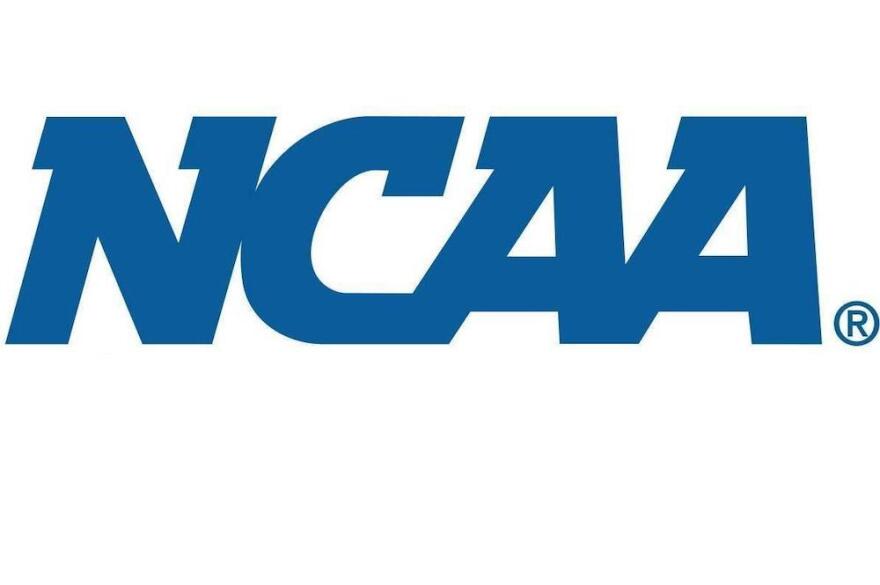Idaho’s anti-transgender sports law goes into effect July 1. But already the state risks losing millions of dollars as advocates call for an NCAA boycott.
The soon to be law bans transgender women and girls from competing on sports teams that align with their gender identity.
Athletes and rights groups are demanding the NCAA move its national basketball tournament and other college competitions from Boise next year. That would deal a further blow to businesses in an ailing economy.
“That is one of our larger economic impact events for sure,” said Carrie Westergard, director of the Boise Convention and Visitors Bureau.
She says when March Madness came to Boise in 2018 it brought $15 million to the state. The tournament games accounted for about 2,000 hotel nights. On top of that, those thousands of visitors are going out for dinner and drinks.
If the tournament happens on schedule, it could boost a service industry hit hard by COVID-19 restrictions.
“We definitely do not want to lose business like the NCAA that has a huge impact to our community,” Westergard said.
The Visitor’s Bureau is tax-funded, so Westergard says it doesn't take stances on legislation.
Soccer star Megan Rapinoe and tennis legend Billie Jean King are just some of the athletes calling for the boycott.
The NCAA pulled tournament games from North Carolina for a law that forced transgender people to use bathrooms that did not align with their identity. The state legislature then repealed the bill.
Representative Barbara Ehardt is the Idaho Falls Republican who sponsored the Idaho law. She maintains the law is meant to protect female athletes and wouldn’t say whether the financial hit would be worthwhile if the NCAA pulled competitions from the state.
“It's disappointing because particularly looking at the women on this letter, these women benefited, absolutely benefited from Title IX,” she said.
Title Nine is a law mandating equal treatment of men and women in education.
The Idaho Attorney General’s Office has warned the new law may violate the Constitution's Equal Protection clause. And the ACLU has sued the state, saying the law is unconstitutional.
The NCAA is reviewing whether the law violates its anti-discrimination policies.
Find reporter Heath Druzin on Twitter @HDruzin
Copyright 2020 Boise State Public Radio



